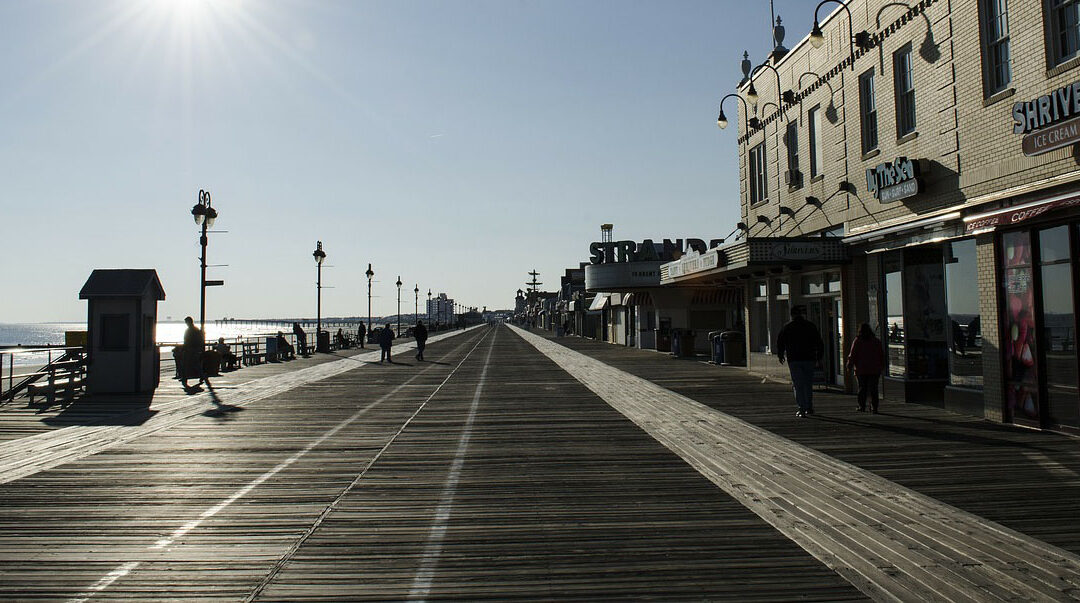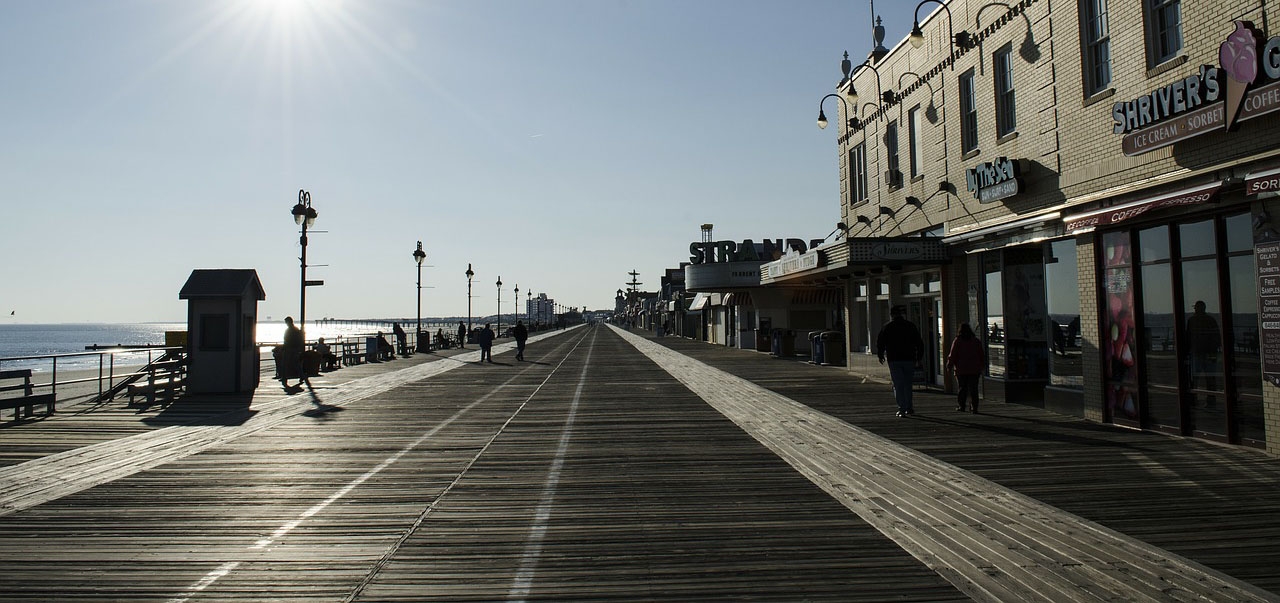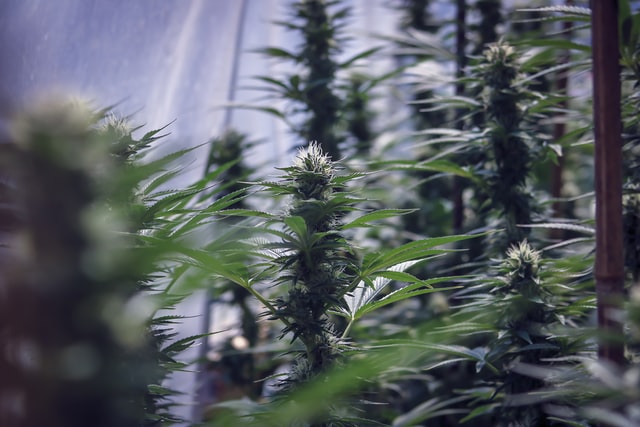
New Jersey to Begin Accepting Cannabis Business License Applications in December

After missing a September deadline to begin licensing recreational cannabis businesses in New Jersey, the Cannabis Regulatory Commission has announced it will begin accepting application on December 15, 2021. However these applications will only be available to growers, processors and testing labs.
Applications for dispensaries will not be available until March 15, 2022. The New Jersey cannabis legalization law originally mandated legal sales begin by mid-February 2022, or six months after the commission adopted its initial rules.
However due to the past delays, the likelihood of cannabis businesses being up and operational by February 2022 is low. The Commission however has said that during the time that they delayed the application process, they created a way to better process applications, implicating the process could move more quickly than initially expected.
New Jersey currently has medical cannabis dispensaries across the state, which is the only legal way to obtain cannabis currently and requires a patient card to purchase cannabis. The state has recently issued 14 new medical dispensary licenses, however these stores must be in operation for one year before they can apply to also sell recreational cannabis.
The Cannabis Regulatory Commission is concerned that due to their delays, there won’t be sufficient supply of cannabis for recreational sales come February. However, already established dispensaries will have the option to apply for recreational sales, and many owners of these businesses say they are ready for recreational sales now with plenty of cannabis in stock.
The New Jersey cannabis legalization bill also allows for delivery, distributors and wholesalers in the recreational cannabis industry. However the Commission has yet to establish the rules for guiding these license types, and a date to begin applications has not been set.
When applications for businesses begin, women-, veteran- or minority-owned businesses will have priority. If an applicant has been arrested for marijuana or lives in a municipality with disproportionate rates of marijuana arrests or is economically disadvantaged, they too have priority. Additionally the rules allow priority for micro-businesses, or those with 10 employees or less.
The Commission will hold an informational webinar on November 30 for those who want to apply for licenses. The Commission has also heard comments on labeling for cannabis products, as well as invited testimony regarding cannabis edibles.












